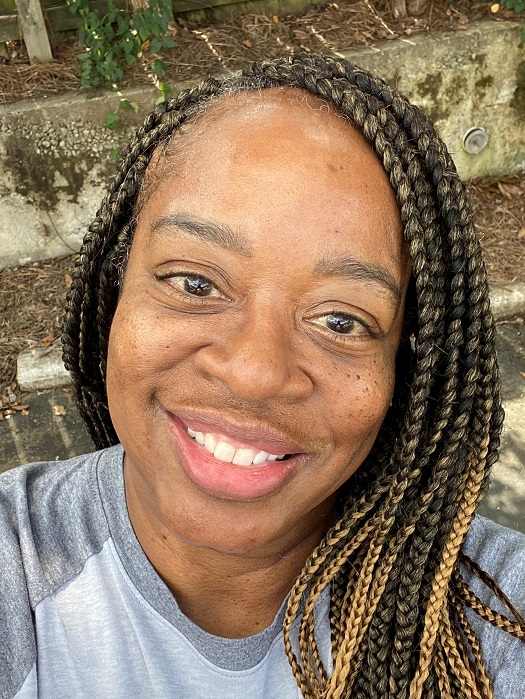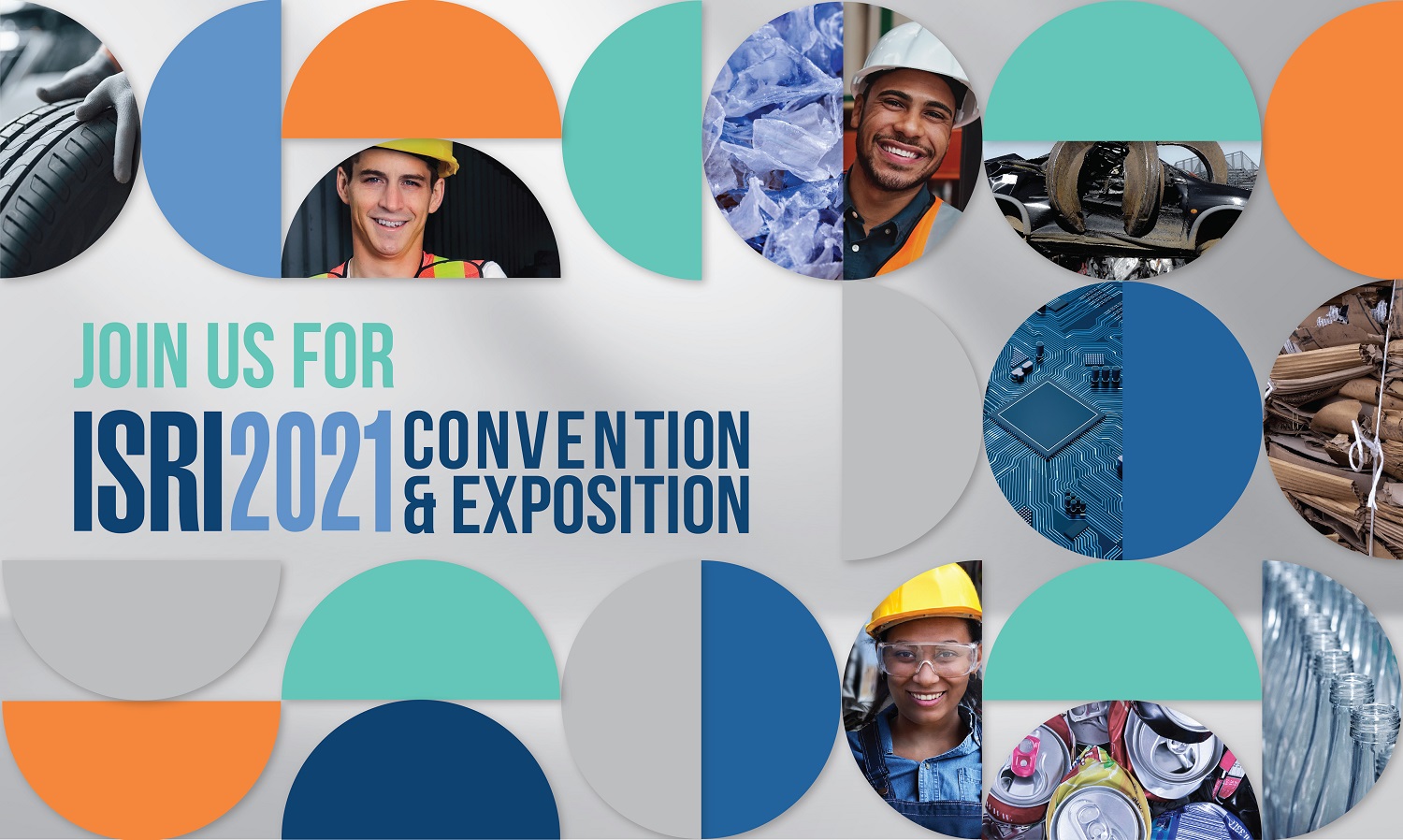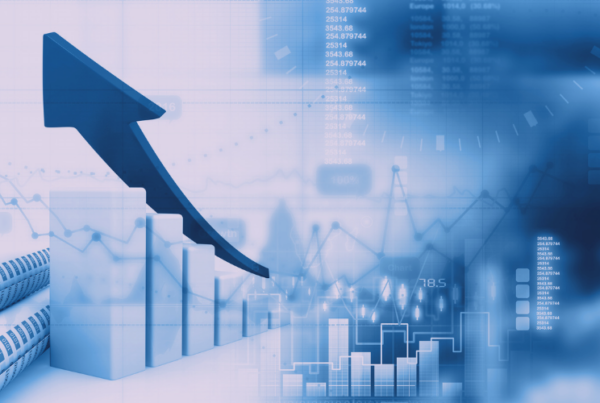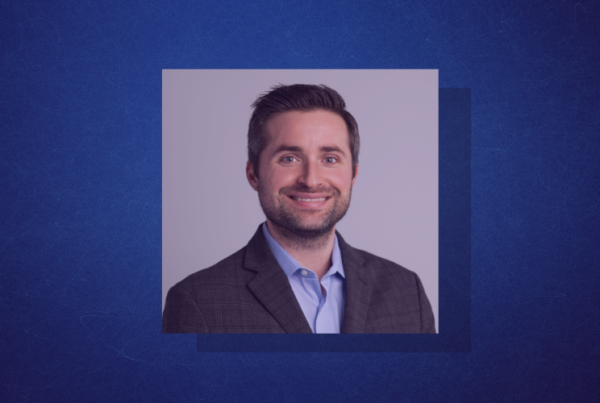Stef Murray is the Chief Diversity and Inclusion Officer and Vice President of Human resources at Schnitzer Steel Industries, an ISRI member company. A member of ISRI’s Women in Recycling Council, Murray is a panelist on the ISRI2021 general session “Diversity in the Recycling Industry: Successes, Lessons Learned and Ways to Improve.”
Murray recently spoke with Scrap News about her position with Schnitzer Steel, her work to promote diversity and inclusion in the industry, and what people can expect from ISRI2021’s diversity and inclusion session.
What was your introduction to the recycling industry?
My introduction was through Schnitzer Steel’s former Chief Human Resources Officer. We worked together at a previous company, and she invited me to join Schnitzer Steel to help her put talent development programs in place, and really change the culture around HR.
Can you tell me about Schnitzer Steel Industries, and your role and responsibilities within the company?

Schnitzer Steel is a scrap metal recycler. We have an integrated process. There are three different processes, starting with our Pick-N-Pull line of business where we buy end-of-life vehicles and sell the parts to do-it-yourself-ers. We send the car bodies to our shredders where those vehicles get processed and prepared for delivery to mills and foundries around the world, including our own steel mill in McMinnville Oregon.
I currently have a dual role as the Chief Diversity and Inclusion officer, and the Vice President of Human Resources. As Chief Diversity and Inclusion Officer, I’m responsible for the vision, strategy, goals, and processes around our diversity and inclusion program, including metrics and helping dissect our culture. I also examine ways to make the culture more inclusive, and to ensure we have proper representation across all levels of the company.
On the human resources side, I handle HR operations. We have about 3,500 employees in our company, including our steel mill, pick-and-pull , and metals recycling lines of business. I’m responsible for human resources support for operations which consists of approximately 90% of our employee population.
I’ve heard your role as chief diversity and inclusion officer is fairly uncommon in this industry; why do you think it’s an important role not only in this industry, but others as well?
It’s a very rare, unique position. Our Chairman and CEO, Tamara Lundgren, introduced me to the position. Three-and-a-half years ago she asked if I thought it’d be a good idea to have a diversity and inclusion program. I thought about it for a very brief moment and said it would absolutely make sense. She asked me to launch a study and do some research and bring back a proposal to the senior leadership team, which I did. I did lots of networking with other Chief Diversity and Inclusion Officers from previous companies I worked with. I also did my own research on how to start a diversity program. I had been involved in diversity programs with other companies, but I hadn’t started one from scratch. Additionally, we hired an external consultant who helped us understand where we stood regarding representation and how we stacked up in the communities we serve at all levels. We assessed where we were as an organization, and how a diversity and inclusion program could enhance the company and what we’re already doing as an organization.
I presented all this information to our leadership team, as well as to our Board of Directors. In the summer of 2018, the Board officially adopted and accepted the proposal for a diversity and inclusion program. A month later, I was named Chief Diversity Officer, but we’ve recently changed my title to Chief Diversity and Inclusion Officer.
How were you introduced to ISRI, and can you tell me about some of the work you’ve done with us, including as a member of the Women in Recycling Council (WIR)?
ISRI board member Colin Kelly introduced me to the organization. He thought it would be great for me to join ISRI’s Women in Recycling Council. Colin pulled me in and introduced me to WIR. I attended a few meetings and thought it was very intriguing. Then the pandemic happened and things shifted, but I’ve re-engaged with WIR. I’m also participating in the diversity and inclusion efforts that ISRI is trying to get up and running.
What I really like about WIR is the mission—to recruit more women and have more development opportunities for women. It also shows women in recycling that there are some role models out there, and it explains what we do and how there are some phenomenal career opportunities in this industry. I can’t imagine working in any other industry after being here for almost nine years.
What lessons do you hope attendees take away from the ISRI2021 general session on diversity and inclusion in the industry?
Hopefully people take away the lesson that diversity and inclusion are business imperatives. Obviously with the murders of innocent Black men and women, it’s front and center now, and I think it’s front and center because the pandemic forced the world to stand still. So we stood still and we paid attention. But as many know, the plight of Black Americans is not a new issue. But [the events of 2020] really sparked an interest and people began asking how they could help solve these issues.
I really want people to understand that this is not just the “flavor of the week”, it’s a business imperative. Many studies have found companies with diversity and inclusion programs, diverse boards and diverse leadership teams are more profitable, more innovative, and have higher sales. It’s not just the fun, cool thing to do because the world is focused on it; it’s actually a business imperative. I want to challenge all the companies tied to ISRI or the mining and metals industry to take a hard look at what they can do to develop a real diversity and inclusion program and put some resources behind it.
As March is Women’s History Month, what advice do you have for the industry to make it as diverse and equitable as possible for this generation of women, and future generations?
We have to look at individuals with different types of backgrounds and experiences in terms of who can be successful in this industry. Part of the challenge I’ve seen at Schnitzer Steel, which is changing, is that we historically want to hire people who already have industry experience. Well, if you’re part of an industry that’s not very diverse, it’s going to be very difficult to change that dynamic if you keep going back to the well of the same talent pool.
I invite people to find different ways to source new employees. Reach down into organizations and find people with potential. Mentor them and help guide them, help direct them. Put some formal internship programs in place. Set some aggressive diversity goals and targets for the workforce at all levels. I know there’s a lot of skepticism regarding targets and people are nervous about targets, but we measure everything else. We measure our safety performance, financial performance, environmental performance, and we have budgets. So metrics are a key piece of any diversity and inclusion program.
When it comes to hiring, I think we should expand the diversity—including Black employees, women, and people from all walks of life. Different ethnicities, different backgrounds. We know diverse teams yield better results. That’s documented and proven. But we need to really change a lot of our practices regarding talent management. By talent management I mean the whole ecosystem from hiring to development, who we promote, how we promote, how we reward, succession planning, etc. We should revamp all of it because we have inherent biases built into our systems. It’s not intentional, but there are biases; some conscious, some unconscious. And we need to take a hard look at our programs and practices to change the biases and shift the trajectory so we can make this a more inviting environment for women, people of different ethnicities, people of color, people from the LGBTQ+ community, and all other backgrounds.
This should be a welcoming environment, and a highly diverse environment. Creating that kind of space will yield positive results. But we have to start somewhere. It’s not going to change overnight, but over time, it can change if we focus on it, believe in it, value it, and measure it.
ISRI2021, ISRI’s virtual convention, will feature a general session on diversity in the recycling industry titled Diversity in the Recycling Industry: Successes, Lessons Learned and Ways to Improve on April 27, from 11:00 a.m.-12:30 p.m. EST. Click here to register for ISRI2021.










